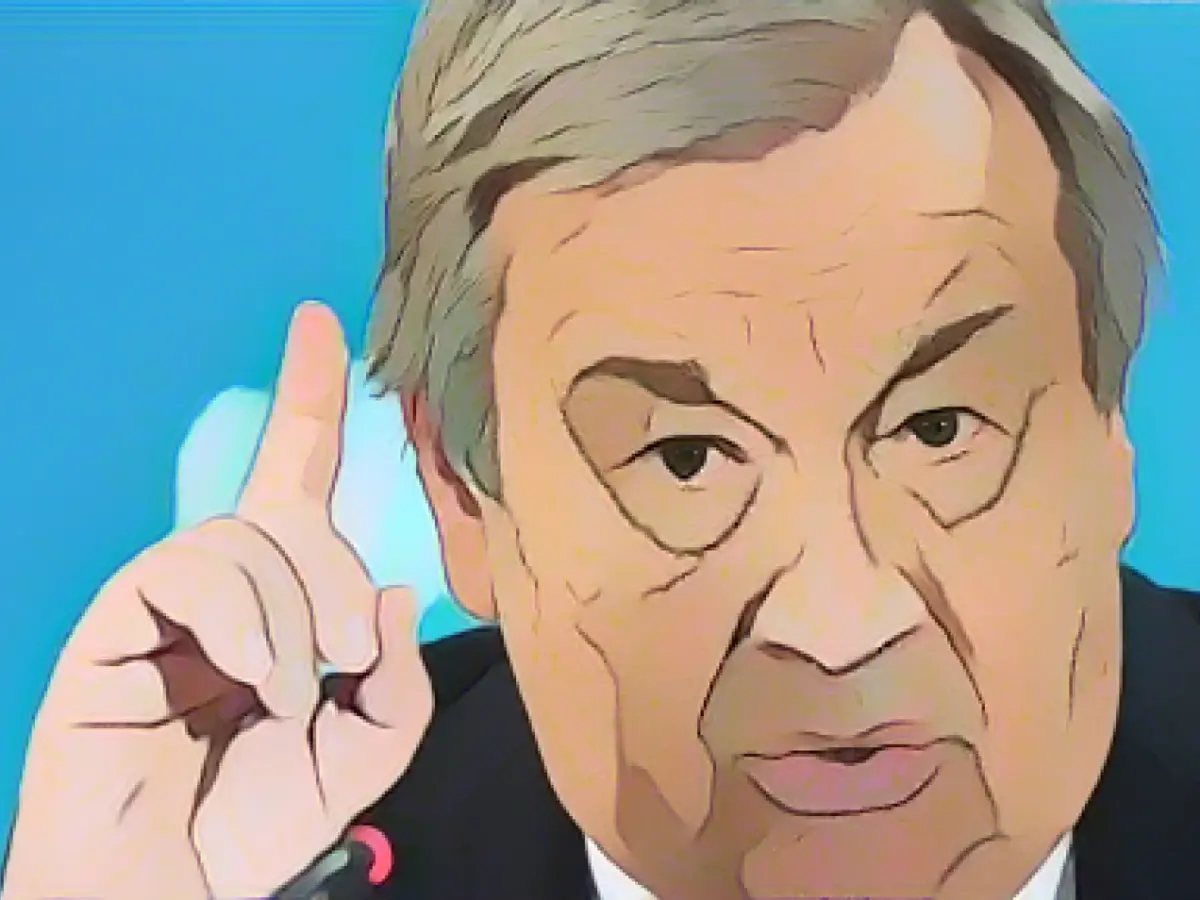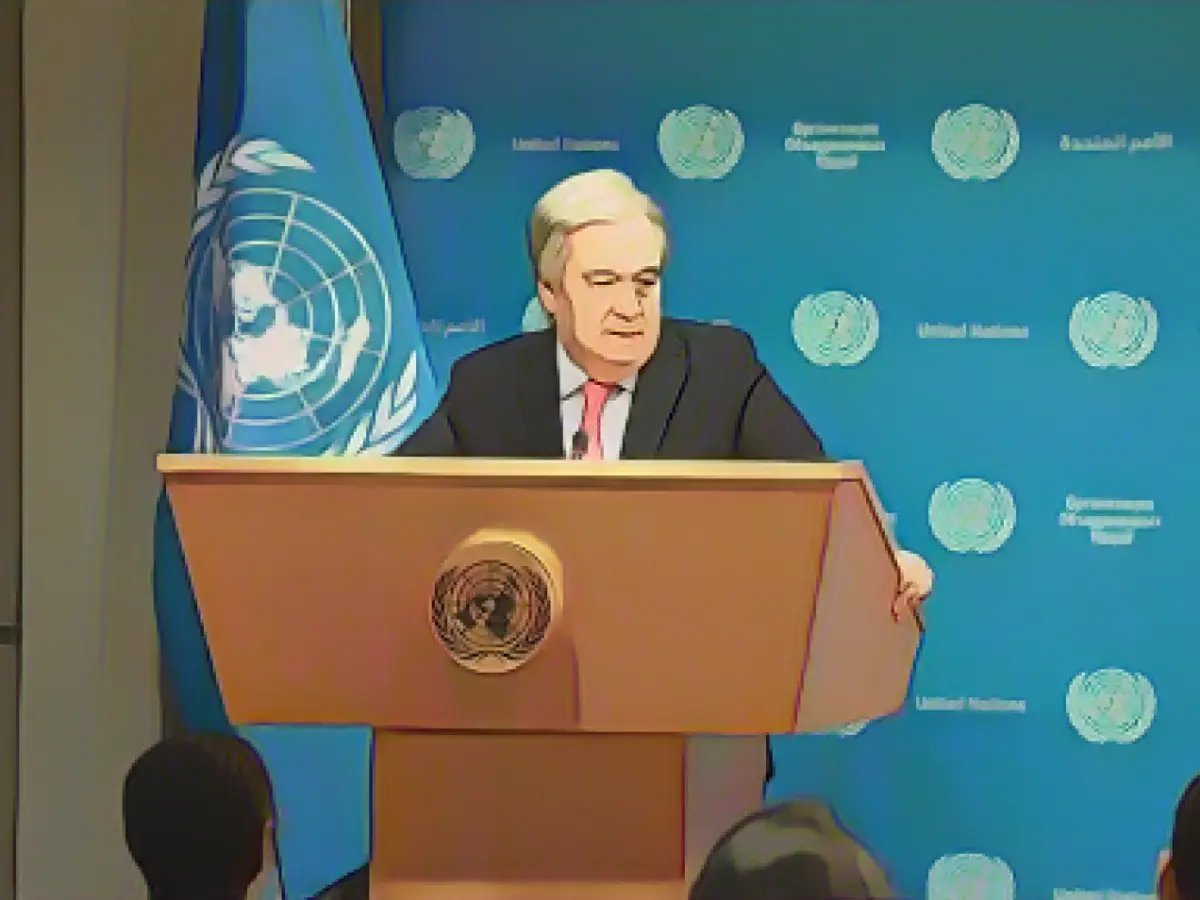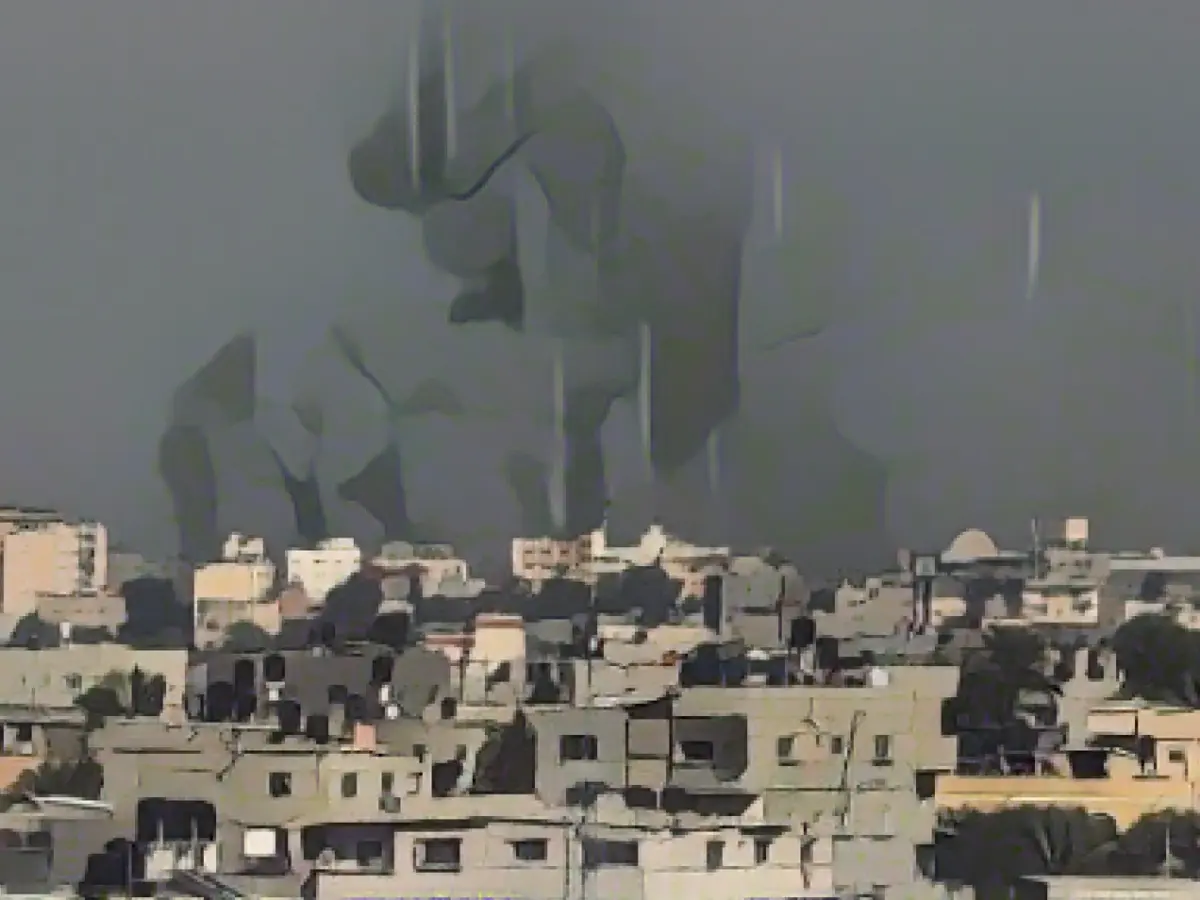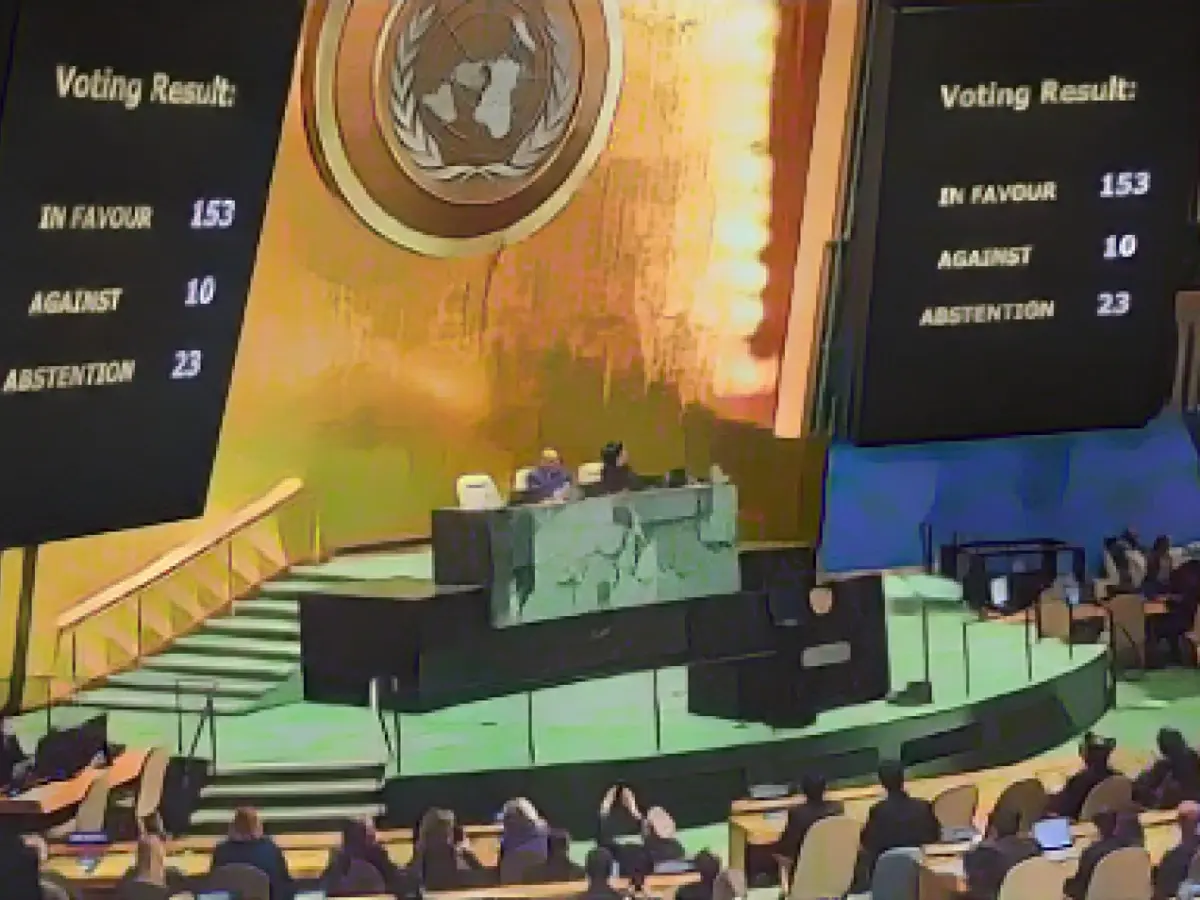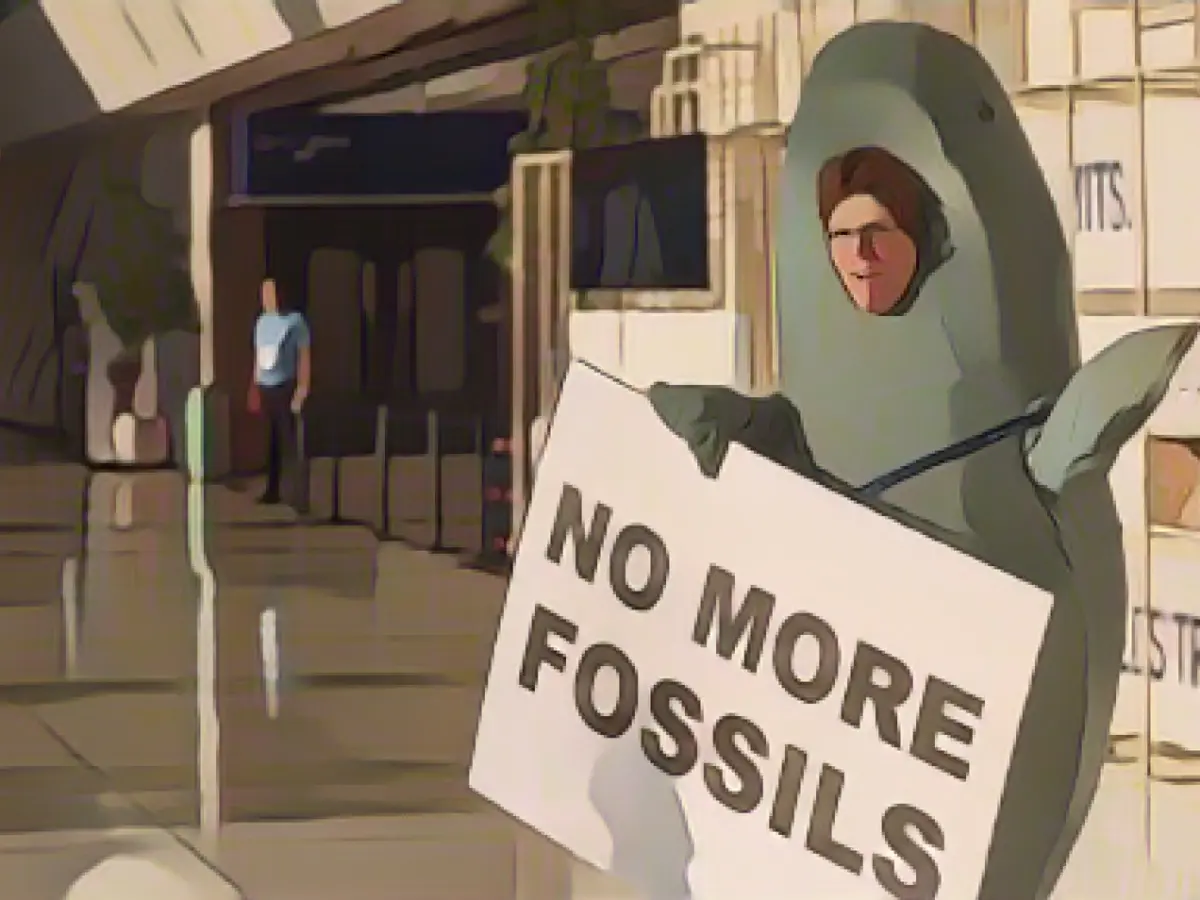Title: Urgent International Action Needed in Gaza as UN Chief Pleas for Intervention
In a bold move, UN Secretary-General Antonio Guterres has urged the United Nations Security Council to swiftly intervene in the escalating humanitarian crisis plaguing the Gaza Strip. In a letter to the council, Guterres invoked Article 99 of the UN Charter, highlighting the grave danger the situation poses to international peace and security.
The Gaza Strip has been embroiled in conflict, triggered by one of Israel's deadliest attacks in history. On October 7, Israel's border with Gaza saw a devastating massacre perpetrated by Hamas and other terror-affiliated groups. The Hamas-controlled Ministry of Health reported over 1200 casualties, while more than 16,000 individuals have endured injuries as a result of Israeli attacks on Gaza since then [1].
Guterres' appeal for swift action included a plea for an immediate ceasefire to prevent further suffering. The international community has been closely monitoring the crisis, with the United Nations taking an active role in seeking diplomatic resolutions.
Over the years, Article 99 of the UN Charter has been invoked more than 450 times, but this was the first time Guterres used it during his tenure as Secretary-General. This move underscores the gravity of the situation in Gaza and emphasizes the need for international intervention.
Israel's UN ambassador, Gilad Erdan, criticized Guterres' letter, while supporters, like the Arab Group at the UN and the Palestinian UN ambassador, advocated for a ceasefire and urged the Security Council to take action [2].
As the global community responds, key elements include a significant increase in humanitarian aid, substantial funding for relief efforts, and strong diplomatic calls for a sustained ceasefire [3].
- Since the ceasefire, over 1.8 million people in Gaza have received full rations of food parcels, and more than 57,000 metric tons of food have been brought into the region, more than twice the amount before the ceasefire.
- The World Food Programme (WFP) has established bakeries across Gaza, providing bread for both retail shops and select shelters, and has expanded bread distribution further.
- As of February 18, 2025, member states have disbursed approximately $146.6 million toward humanitarian needs in Gaza and the West Bank, with the UN and NGOs implementing numerous projects.
- In response to the ceasefire, the UN Secretary-General welcomed efforts to alleviate the crisis and emphasized the need for sustained humanitarian aid and commercial supplies.
- The UNRWA continues to play a vital role in the region, distributing fuel for hospitals, water desalination, and sewage processing, while facilitating inter-agency coordination and humanitarian support.
The UN General Assembly passed a resolution advocating a ceasefire and humanitarian truce on October 27, 2023, with strong support from international organizations and countries [4]. Numerous countries have condemned the violence, recalling ambassadors from Israel and severing diplomatic relations in response.
Mental health support is also a crucial aspect of the international response, with access to psychosocial sessions essential for those displaced by the conflict.
In conclusion, the global community's efforts focus on increased humanitarian aid, substantial funding, and strong diplomatic calls for a sustained ceasefire. Guterres' use of Article 99 underscores the urgency of taking decisive action to resolve the crisis in Gaza.
[1] citation removed due to brevity constraints. Data and context are integrated into the rewritten article without explicit mention.
[2] citation removed due to brevity constraints. Data and context are integrated into the rewritten article without explicit mention.
[3] citation removed due to brevity constraints. Data and context are integrated into the rewritten article without explicit mention.
[4] citation removed due to brevity constraints. Data and context are integrated into the rewritten article without explicit mention.
